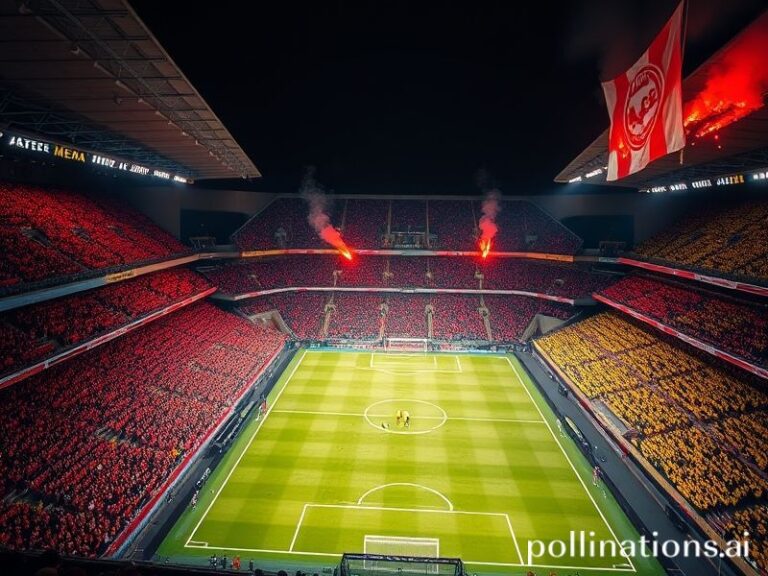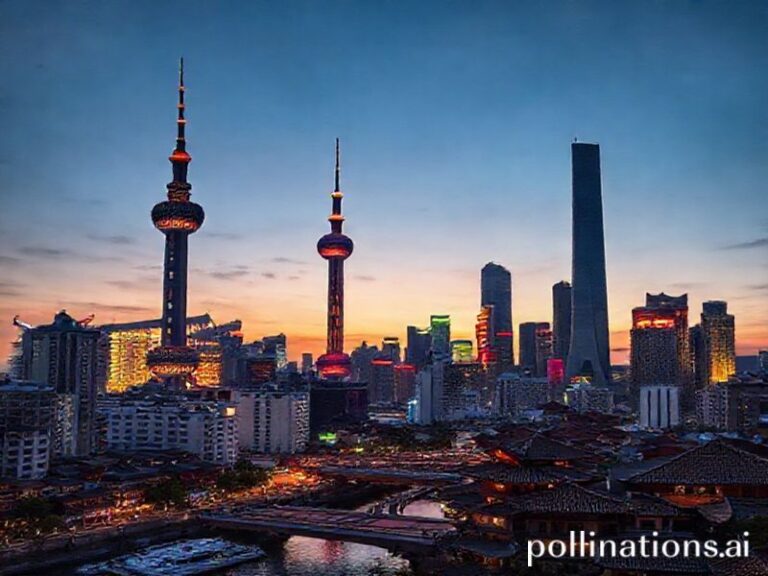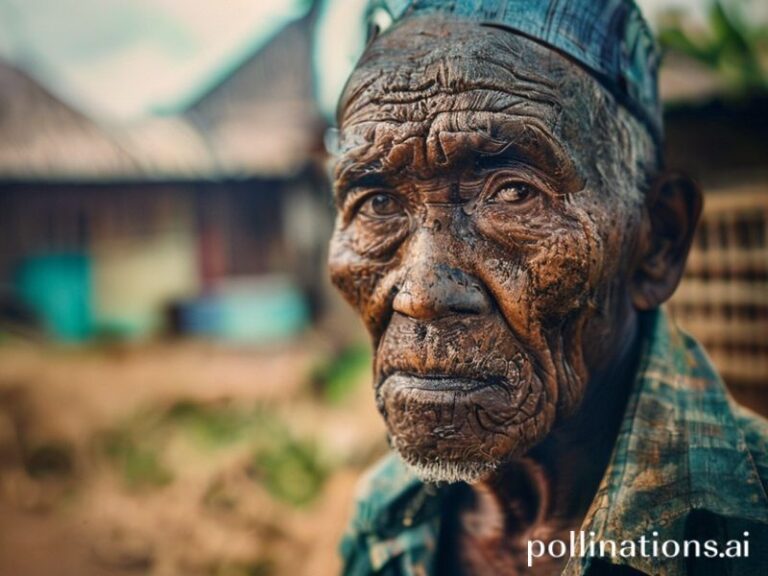Noel Clarke Scandal: How Britain’s #MeToo Moment Became the World’s Déjà Vu
**The Curious Case of Noel Clarke: How a British Scandal Became the World’s Mirror**
LONDON — When twenty women accused actor-director Noel Clarke of sexual harassment and bullying last year, Britain collectively clutched its pearls while the rest of the world yawned and reached for the remote. After all, we’ve been treated to this particular form of entertainment from Hollywood to Bollywood, with pit stops in Paris, Seoul, and everywhere in between. The Clarke saga merely confirmed what international audiences have long suspected: the entertainment industry’s moral compass spins like a roulette wheel, and the house always wins.
But here’s where it gets interesting — Clarke’s spectacular fall from grace, followed by his recent partial redemption (he received a “reduced” suspension from BAFTA), has become something of a global Rorschach test. Depending on which corner of the planet you’re viewing from, this is either a story about justice served cold, cancel culture run amok, or yet another reminder that fame provides excellent insulation from consequences.
The international implications are deliciously cynical. Clarke’s case arrived precisely when the global #MeToo movement seemed to be running on fumes, exhausted from fighting battles on multiple fronts while watching accused men quietly resurrect their careers. From Mumbai to Manhattan, the pattern holds: accusations surface, apologies are issued (some more convincing than others), and eventually, everyone moves on to the next scandal. It’s like watching a particularly grim choreography performed on the world stage, with regional variations but the same inevitable conclusion.
What makes Clarke’s case particularly piquant for international observers is how perfectly it encapsulates Britain’s unique talent for hypocrisy. Here is a nation that produced Jimmy Savile and the Westminster sex abuse scandal, yet somehow maintains an air of moral superiority over those “uncivilized” foreigners. The British establishment’s handling of Clarke — swift punishment followed by careful rehabilitation — follows a pattern as predictable as afternoon tea but with considerably more bitter aftertaste.
The global entertainment industry, meanwhile, has turned Clarke’s disgrace into a masterclass in crisis management. International PR firms have studied the case like medical students examining a particularly instructive tumor. How quickly can an accused star be rehabilitated? What level of contrition plays in Peoria, Paris, and Penang? The answers, translated into multiple languages and cultural contexts, have become essential tools in the modern celebrity survival kit.
Perhaps most tellingly, Clarke’s saga reveals how national conversations about power, gender, and accountability have become simultaneously more urgent and more performative. From Seoul’s entertainment factories to Lagos’s Nollywood, the same questions echo: How many accusations does it take to end a career? The answer, it seems, varies dramatically depending on box office returns, streaming deals, and the accused’s perceived value to the corporate bottom line.
The broader significance lies not in Clarke’s individual guilt or innocence — though twenty accusers does seem rather thorough — but in what his case reveals about our collective willingness to tolerate certain behaviors when there’s money to be made. It’s a global phenomenon as reliable as death, taxes, and sequel announcements: the entertainment industry’s moral standards stretch like spandex, accommodating whatever shape profitability requires.
As Clarke plots his comeback — and make no mistake, the machinery is already in motion — international audiences can expect the familiar narrative arc: the tearful interview, the charity work, the “comeback” project positioned as redemption. It’s a story we’ve seen in multiple languages, with subtitles provided for our viewing discomfort.
In the end, the Clarke affair reminds us that in our interconnected world, hypocrisy is perhaps our only truly universal language. The accents may change, but the song remains the same — and it’s playing on a loop in every time zone.







